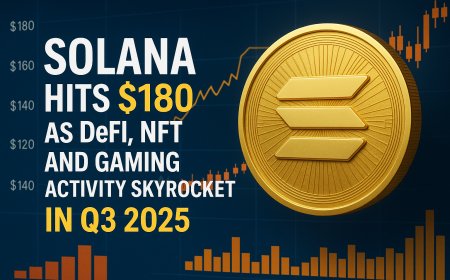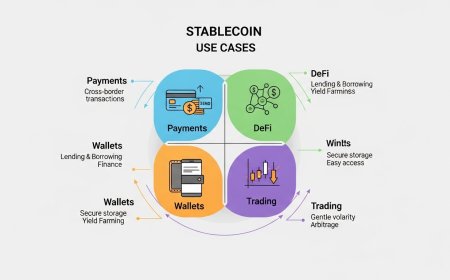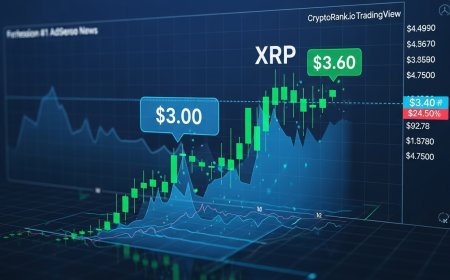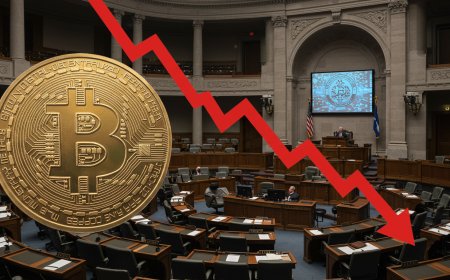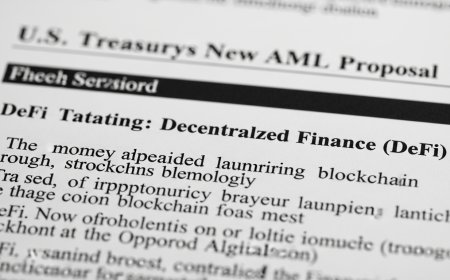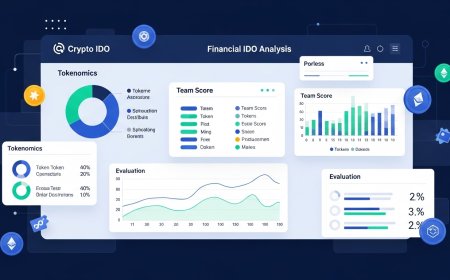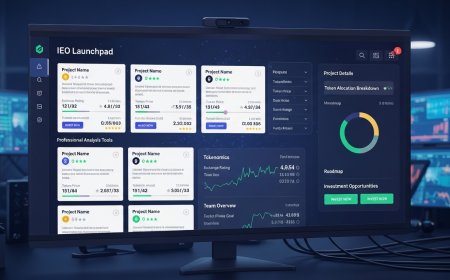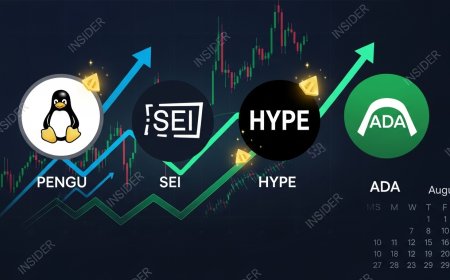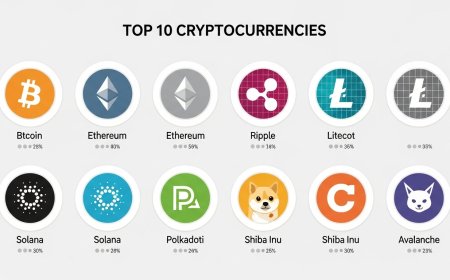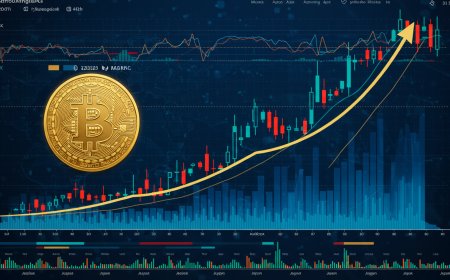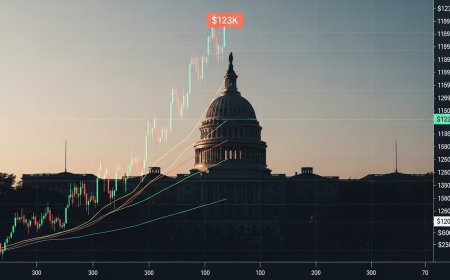Tether Acquires 70% of South American Agri Firm—USDT Aims at Commodities
Tether purchased 70% of Adecoagro (~$600M) to embed USDT in agriculture commodity trading and bitcoin mining, blending digital currency with tangible assets.
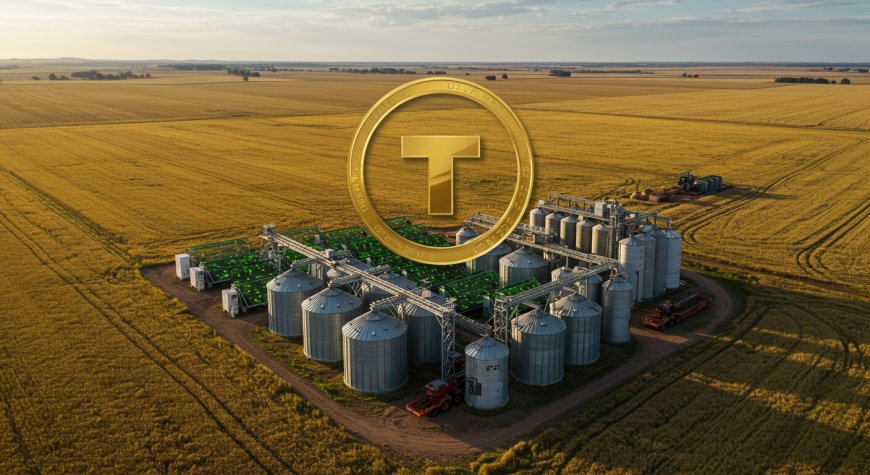
Tether Acquires 70% of South American Agri Firm—USDT Aims at Commodities
Buenos Aires, Argentina – Tether Holdings Limited, the company behind the world's largest stablecoin USDT, has completed the acquisition of a 70% stake in Adecoagro, a major South American agricultural corporation, in a deal valued at approximately $600 million. The strategic acquisition represents Tether's most significant move into real-world assets and commodity trading, positioning USDT as a potential payment mechanism for agricultural commodities while expanding into bitcoin mining operations.
Strategic Acquisition Details
The acquisition of Adecoagro marks a pivotal moment in Tether's evolution from a purely digital currency issuer to a diversified company with substantial real-world asset exposure. Adecoagro, headquartered in Luxembourg with operations across Argentina, Brazil, and Uruguay, manages over 240,000 hectares of agricultural land and operates sugar mills, ethanol plants, and dairy facilities.
The $600 million investment provides Tether with controlling interest in one of South America's largest agricultural enterprises, which generated approximately $1.2 billion in revenue in the most recent fiscal year. The deal structure allows Tether to maintain operational control while existing management continues day-to-day operations.
Adecoagro's Agricultural Portfolio
Adecoagro operates across multiple agricultural sectors, making it an attractive target for Tether's diversification strategy. The company's primary operations include:
Crop Production: Large-scale cultivation of soybeans, corn, wheat, and sunflowers across fertile South American farmland, with advanced precision agriculture techniques and sustainable farming practices.
Sugar and Ethanol: Integrated sugar mills and ethanol production facilities in Argentina, capitalizing on the growing demand for renewable energy sources and biofuels.
Dairy Operations: Modern dairy facilities producing milk and dairy products for domestic and international markets, with a focus on high-quality standards and efficiency.
Land Management: Extensive land holdings with potential for expansion and development, providing long-term asset appreciation opportunities.
USDT Integration Strategy
Tether's acquisition of Adecoagro is designed to create synergies between traditional agricultural commodities and digital currency infrastructure. The company plans to integrate USDT as a payment mechanism for commodity transactions, potentially revolutionizing how agricultural products are traded globally.
Key Integration Areas:
Commodity Payments: Implementation of USDT for supplier payments, reducing transaction costs and settlement times compared to traditional banking systems.
International Trade: Facilitation of cross-border agricultural trade using USDT, bypassing traditional correspondent banking relationships and currency conversion fees.
Supply Chain Finance: Development of USDT-based financing solutions for agricultural supply chains, providing working capital to farmers and suppliers.
Export Transactions: Streamlining international commodity exports through USDT payments, particularly beneficial for emerging market transactions.
Bitcoin Mining Expansion
The acquisition also provides Tether with opportunities to expand its bitcoin mining operations, leveraging Adecoagro's existing infrastructure and energy resources. The agricultural facilities generate significant amounts of biomass and other renewable energy sources that can be repurposed for cryptocurrency mining operations.
Mining Infrastructure Development:
Renewable Energy: Utilization of agricultural waste and biomass for sustainable bitcoin mining operations, aligning with environmental sustainability goals.
Grid Integration: Leverage of existing electrical infrastructure at agricultural facilities to support mining operations without significant additional capital investment.
Heat Recovery: Implementation of waste heat recovery systems from mining operations for agricultural processes, creating operational efficiencies.
Market Impact and Industry Reaction
The acquisition has generated significant attention within both the cryptocurrency and agricultural sectors. Industry analysts view the move as a strategic diversification that could provide Tether with more stable revenue streams and reduced regulatory risks.
Cryptocurrency Industry Response:
The crypto community has largely welcomed the move as a positive development for stablecoin integration with real-world assets. Some analysts suggest that backing USDT with tangible assets like agricultural land and production facilities could enhance the stablecoin's credibility and stability.
Agricultural Sector Perspective:
Agricultural industry experts have expressed mixed reactions, with some viewing the integration of cryptocurrency technology as innovative while others remain cautious about the volatility and regulatory uncertainty surrounding digital assets.
Regulatory Considerations
The acquisition occurs against a backdrop of increasing regulatory scrutiny of stablecoins and their backing assets. Tether's move into tangible assets could potentially address some regulatory concerns about stablecoin reserves and their composition.
Regulatory Advantages:
Asset Transparency: Real-world assets provide more transparent backing for USDT compared to purely financial instruments, potentially satisfying regulatory requirements for asset disclosure.
Operational Oversight: Agricultural operations are subject to established regulatory frameworks, providing regulators with familiar oversight mechanisms.
Economic Utility: The integration of USDT into commodity trading demonstrates practical utility beyond speculative trading, which regulators often view favorably.
Financial Performance and Projections
Adecoagro's historical financial performance demonstrates the stability that Tether seeks through this acquisition. The company has maintained consistent profitability across agricultural cycles, with diversified revenue streams providing resilience against commodity price volatility.
Revenue Diversification:
The agricultural operations generate revenue from multiple sources, including crop sales, processed agricultural products, and land appreciation. This diversification provides Tether with exposure to different market cycles and reduces concentration risk.
Geographic Expansion:
The acquisition provides Tether with a platform for potential expansion into other South American markets, leveraging Adecoagro's existing relationships and operational expertise.
Technology Integration Opportunities
The combination of Tether's blockchain expertise with Adecoagro's agricultural operations creates opportunities for technological innovation in the agricultural sector.
Blockchain Applications:
Supply Chain Tracking: Implementation of blockchain-based supply chain tracking systems to provide transparency and traceability for agricultural products.
Smart Contracts: Development of smart contract systems for automated commodity trading and supply chain payments.
Data Analytics: Integration of blockchain data with agricultural production data to optimize farming operations and commodity trading decisions.
Global Commodity Market Implications
Tether's entry into agricultural commodities could have broader implications for global commodity markets, particularly in how international trade is conducted and settled.
Market Efficiency:
The integration of USDT into commodity trading could reduce transaction costs and settlement times, potentially making markets more efficient and accessible to smaller participants.
Cross-Border Trade:
USDT-based commodity trading could simplify international transactions, particularly for emerging market participants who may face challenges with traditional banking systems.
Risk Factors and Challenges
The acquisition presents several risks and challenges that Tether must navigate to ensure successful integration.
Operational Risks:
Agricultural Volatility: Commodity prices and agricultural production are subject to weather, disease, and market volatility that could impact returns.
Regulatory Changes: Evolving regulations in both cryptocurrency and agricultural sectors could affect operations and profitability.
Integration Complexity: Successfully integrating cryptocurrency technology with traditional agricultural operations requires careful planning and execution.
Future Expansion Plans
Tether has indicated that the Adecoagro acquisition is part of a broader strategy to expand into real-world assets and diversify its business model beyond stablecoin issuance.
Strategic Objectives:
Asset Diversification: Continued expansion into tangible assets to provide additional backing for USDT and reduce reliance on financial instruments.
Geographic Growth: Potential expansion into other agricultural markets and regions to increase scale and diversification.
Technology Development: Investment in blockchain and agricultural technology to create competitive advantages and operational efficiencies.
Conclusion
Tether's acquisition of Adecoagro represents a significant milestone in the evolution of stablecoin issuers and their integration with real-world assets. The $600 million investment provides Tether with exposure to stable, income-generating agricultural operations while creating opportunities to expand USDT's utility in commodity trading.
The acquisition demonstrates how cryptocurrency companies are increasingly seeking to bridge the gap between digital assets and traditional industries. By combining blockchain technology with agricultural operations, Tether is positioning itself at the forefront of this convergence.
Success will depend on Tether's ability to effectively integrate its cryptocurrency expertise with Adecoagro's agricultural operations while navigating the regulatory and operational challenges inherent in both sectors. The acquisition serves as a case study for how digital asset companies can diversify into tangible assets while maintaining their core business focus.
This article is for informational purposes only and should not be considered financial or investment advice. Cryptocurrency and agricultural investments carry significant risks, and readers should conduct their own research before making investment decisions.
Related Topics: Stablecoin Regulation, Agricultural Technology, Commodity Trading, Real-World Assets, Bitcoin Mining
Sources: Company announcements, financial filings, industry reports, market data
What's Your Reaction?
 Like
0
Like
0
 Dislike
0
Dislike
0
 Love
0
Love
0
 Funny
0
Funny
0
 Angry
0
Angry
0
 Sad
0
Sad
0
 Wow
0
Wow
0














